Search Results
1 – 10 of 5,932 search results for Chicago Council Survey
-
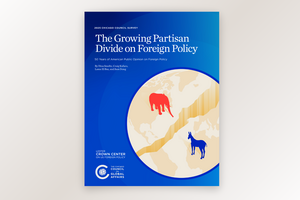 Public Opinion Survey
Public Opinion Survey
The Growing Partisan Divide on US Foreign Policy
January 28, 2026, RESEARCH Public Opinion Survey by Dina Smeltz , Craig Kafura , Lama El Baz , and Sam Dong, Download Report (PDF), Results and analysis of the Council's 2025 annual survey of American views on foreign policy., Chicago Council Survey Dashboard, Explore five decades of American att...
-
 Public Opinion SurveyiStock
Public Opinion SurveyiStock2021 Chicago Council Survey
October 7, 2021, RESEARCH Public Opinion Survey by Dina Smeltz , Ivo H. Daalder , Karl Friedhoff , Craig Kafura , and Emily Sullivan, iStock, Download Report (PDF) Download Data (ZIP), While the Biden administration seems to understand where Americans stand on China and domestic renewal to suppor...
-
US Foreign Policy
Issues, Munich Debrief: Takeaways from the Munich Security Conference, Virtual EVENT, Ambassador Julianne Smith joins Leslie Vinjamuri to analyze this year's Munich Security Conference and the future of transatlantic security., Feb 18, Matthias Schrader / AP, Feb, 18, View all Upcoming Events re...
-
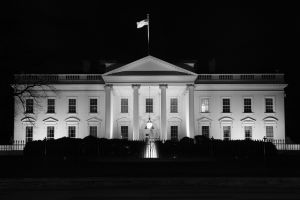 Public Opinion Survey
Public Opinion Survey
2020 Chicago Council Survey
September 17, 2020, RESEARCH Public Opinion Survey by Dina Smeltz , Ivo H. Daalder , Karl Friedhoff , Craig Kafura , and Brendan Helm, Download Report (PDF) Download Data (ZIP), Dina Smeltz, Ivo H. Daalder, Karl Friedhoff, Craig Kafura, and Brendan Helm analyze data finding Democrats and Republic...
-
 Public Opinion Survey
Public Opinion Survey
2019 Chicago Council Survey
September 16, 2019, RESEARCH Public Opinion Survey by Dina Smeltz , Ivo H. Daalder , Karl Friedhoff , Brendan Helm , and Craig Kafura, Download Report (PDF) Download Data (ZIP), Findings show a majority of Americans reject ideas of the United States retreating from the world, abdicating internati...
-
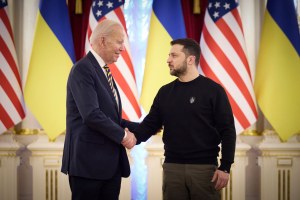 Public Opinion SurveyAP Photos
Public Opinion SurveyAP Photos2023 Survey of Public Opinion on US Foreign Policy
October 4, 2023, RESEARCH Public Opinion Survey by Dina Smeltz , Karl Friedhoff , Craig Kafura , and Lama El Baz, AP Photos, Download Report (PDF) Download Data (ZIP), The ongoing war in Ukraine continues to impact American attitudes toward global engagement., Survey Overview, The 2023 Chicago Co...
-
Reuters
Partisan Divides on China Continue to Grow
Republicans are more concerned about China's rise than ever before.
-
 Public Opinion Survey
Public Opinion Survey
2018 Chicago Council Survey
October 2, 2018, RESEARCH Public Opinion Survey by Dina Smeltz , Ivo H. Daalder , Karl Friedhoff , Craig Kafura , and Lily Wojtowicz, Download Report (PDF) Download Data (ZIP), The 2018 Chicago Council Survey indicates that Americans now supported active US engagement in world affairs, the larges...
-
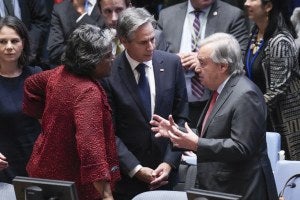 US Foreign PolicyAP PHOTOS
US Foreign PolicyAP PHOTOS -
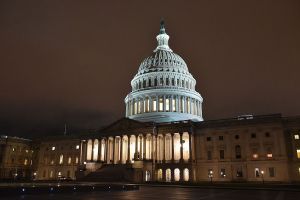 Public Opinion Survey
Public Opinion Survey
2017 Chicago Council Survey
October 2, 2017, RESEARCH Public Opinion Survey by Dina Smeltz , Ivo H. Daalder , Karl Friedhoff , and Craig Kafura, Download Report (PDF) Download Data (ZIP), The 2017 Chicago Council Survey, conducted roughly six months into the Trump administration, tested the appeal of "America First" ideas a...